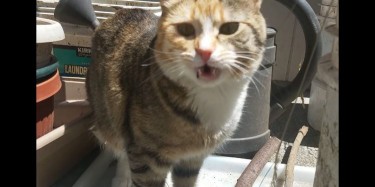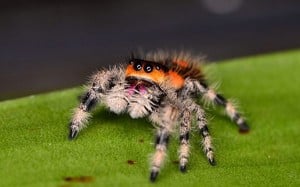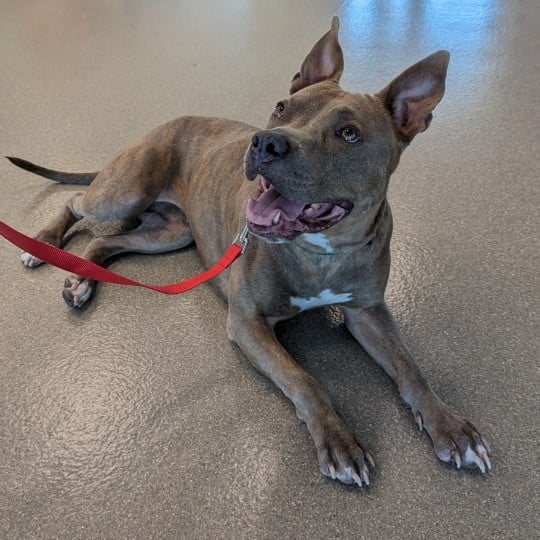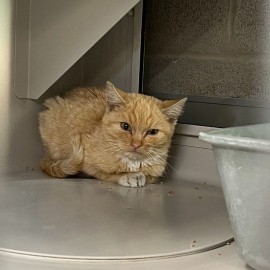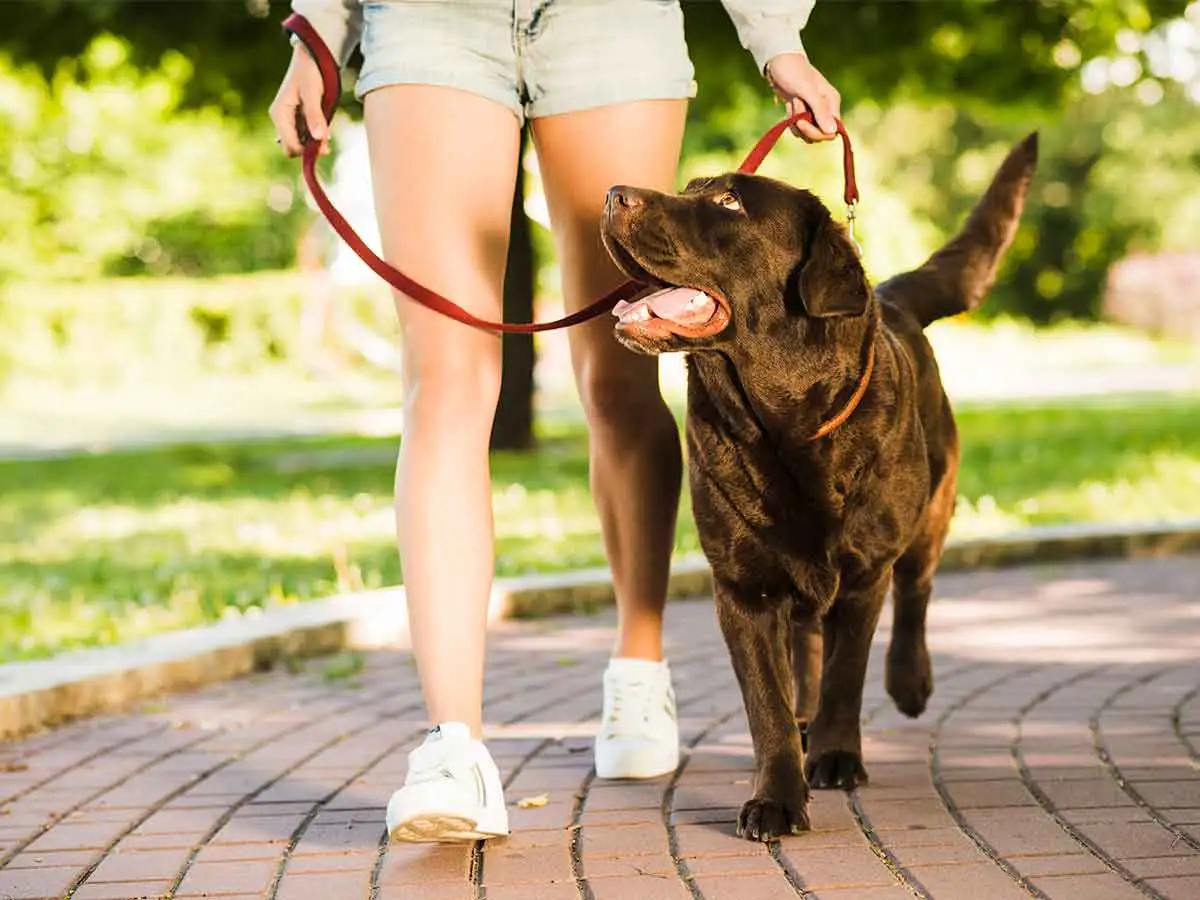
HAVING A PARROT AS PET
34SHARES379VIEWSShare on TwitterShare on Facebook Parrots are very rewar
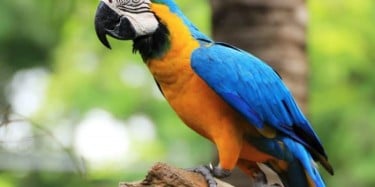
Parrots are very rewarding pets, they are highly social, smart and can establish strong bonds with their owners. Parrots have been considered a highly interesting pet, due to their amazing qualities and skills to solve problems and even mimic human speech. Over the years they’ve been considered great companions.
Research shows that there are more than 300 species of parrots in the world, these animals are becoming increasingly popular as pets due to their social nature and long life-span. Birds have specific needs in order to thrive both physically and mentally, when properly taken care of are loyal and very interactive buddy’s to have around.
Choosing a Parrot Cage
Birds should be able to fly from one end to the other. The size of your parrots cage is the first thing to consider, for comfort. Ensure that your bird will be able to stretch both wings without hindrances. Birds shouldn’t be kept in decorative cages that are not designed for their safety, as these cages are often not able to stand the bites from their beak. Avoid cages made of lead and zinc, cages with removable wires and cages with thin wires and small gaps in between to prevent injuries.
Diet and Nutrition
Parrots are herbivores and can be said to be vegan. Parrot enjoys having variety from different veggies, fruit, to fortified pelleted parrot foods. This variety are essentially needed to achieve a healthy and active pet. Birds are prone to obesity, vitamin and calcium deficiencies, including heart diseases which is becoming increasingly common in captive parrots.
Proportions are key to providing your parrot with a healthy diet. A highly quality pellet diet should be provided to your parrot. Seed diets are not recommended as their nutritional value are deficient.
Parrot Behavior
Everyone behaves in a certain way and manner depending on the mood they’re in. every pet lover/ pet parents should expect certain behaviors from their pets. Let’s look at some of the unique behaviors in parrots.
• Bouncing: This is their way of expressing how excited they are. They express their pleasure time via bouncing their body.
• Standing on One Leg: This behavior occurs when your parrot is happy and contented. It may interest you that most parrot take their naps standing on one leg.
• Feather Fluffing: Parrot fluff their feathers when it is post-preening session, or when they remove dander and dust, or after their bath.
• Tail Wagging: Parrots wag their tail when they you, a sign of been am happy to see you. Sometimes when they are wagging side by side it’s a sign they want to poo.
• Biting: Parrots are loyal and obedient birds, although reasons like, been afraid or threatened, trying to take control, communication channels, and raging hormones, can lead to them biting. It’s important to pay proper attention thereby establishing consistent tricks and reinforcement routine daily. This will condition their mood and reduce grumpiness.
• Head-bobbing: Your parrot bob their heads when they, see or want to greet you, expecting food, showing contentment or excitement and when they need your attention.
• Beaking Wiping: This is an act of grooming themselves. They clean their beak after eating. Beaking on an object or surface is them trying to factor the strength and texture of what they are beaking on.
• Talking and Mimicking: Parrots are known for their talking nature, they love to repeat whatever they hear by mimicking sounds and human conversations. Parrots that have been properly trained can convey a message humans can understand.
Parrots Health Care
As the owner it is your responsibility to care and ensure your parrot’s needs are satisfied and met. Giving them the proper healthcare needed to live a long and live happy.
Not only are you going to have to invest extra time into caring for your parrot, money is also needed to bring out the best in your pet.
• A confinement recovery cage in a familiar environment will minimize stress acclimatization. No matter the specie of parrot you have, they need a clean and healthy living environment.
• A well-fed parrot is a happy bird. A good way to feed your bird is to once in the morning and again in the evening. Provide enough water, and offer proper diet to your parrot.
• Many veterinarian hospitals don’t care for parrots, it’s very important to search for vets that are parrots friendly to take care of your pet.
• Far too many parrots grow complacent in their captive environment over the years, making them more difficult to train. To prevent this from happening, placing a companion bird in their cage will really help.
More like this
-
What Is the Flehmen Response in Cats?
 51SHARES567VIEWSShare on TwitterShare on Facebook If you ever notice youRead more
51SHARES567VIEWSShare on TwitterShare on Facebook If you ever notice youRead more -
Jumping Spider Pets: Your Adorable Eight-Legged Companion
 33SHARES367VIEWSShare on TwitterShare on Facebook Hey there, fellow critRead more
33SHARES367VIEWSShare on TwitterShare on Facebook Hey there, fellow critRead more -
DOG BREED
 59SHARES655VIEWSShare on TwitterShare on Facebook A dog breed is a speciRead more
59SHARES655VIEWSShare on TwitterShare on Facebook A dog breed is a speciRead more -
The Path to Become a Certified Good Girl or Boy
 Aug 30, 2023 Becoming a Certified Good Boy or Girl: A Path to Canine ExcellenceRead more
Aug 30, 2023 Becoming a Certified Good Boy or Girl: A Path to Canine ExcellenceRead more -
Happy Tails: Odin
 Jan 20, 2023 When Alyssa and Kaitlyn visited The Animal Foundation, they knew thRead more
Jan 20, 2023 When Alyssa and Kaitlyn visited The Animal Foundation, they knew thRead more

